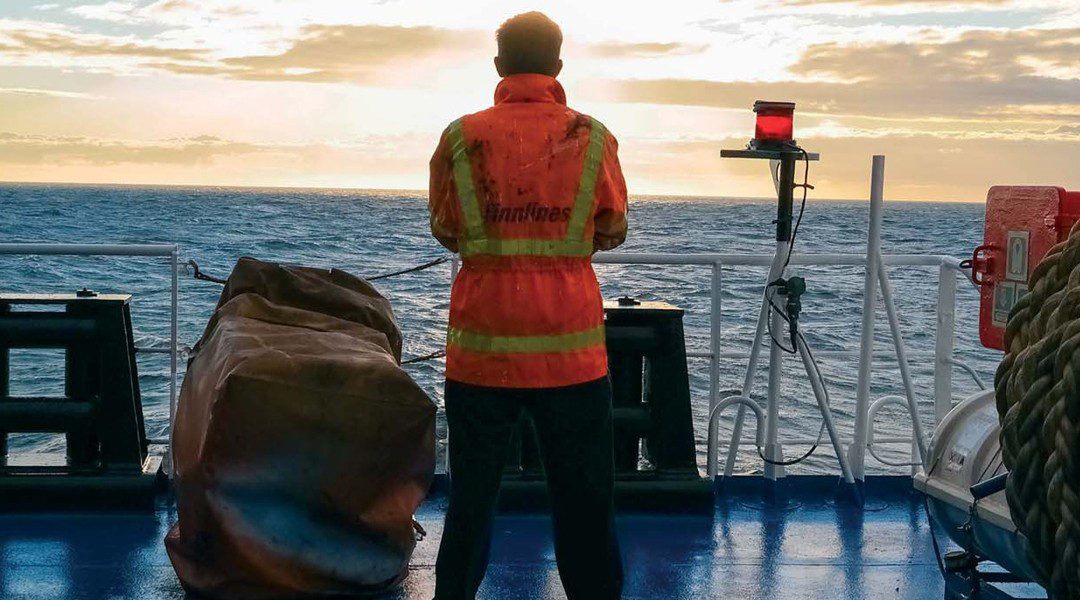Dockers represented by the International Transport Workers’ Federation (ITF) have won a legal case over whether shipowners should be required to use unionized dockers, rather than vessel crews, for the lashing of cargo in the Netherlands.
In 2020 the unions ITF, FNV Havens and Nautilus NL sued three shipping companies over their compliance with a clause in the 2018 International Bargaining Forum agreement on “non-seafarers’ work” or “dockers’ clause”. This was a collective-bargaining mandate for dockers to perform cargo lashing.
Even after the clause took effect in 2020, these shipping employers were in the habit of requiring the vessel crews to carry out lashing duties rather than hiring in dockers to do the work, the ITF claimed.
The Rotterdam District Court ruled that companies who employ seafarers must ensure that cargo handling is performed by trained local dock workers, where possible – and not given to seafarers as an additional responsibility.
The ITF said that the court’s ruling focused exclusively on seafarers’ safety.
The ITF has long argued that seafarers, who do not have the experience and skills of dockers when it comes to lashing cargo, put themselves at risk when they carry out lashing work. A deadly accident aboard the Maersk Patras in 2019, when a second officer went over the side while lashing containers, was cited. Also referred to were the death of a seafarer while lashing at a terminal in Dublin in 2018; and other casualties that (the ITF argued) could have been prevented if dockers had performed the work.
ITF Dockers’ Section vice-chair Niek Stam said that “lashing can be extremely unsafe for seafarers, who are often untrained in port operations, such as the dangers of moving cranes. Automated terminals and supply chain pressures have further increased these dangers to ships’ crew”.






